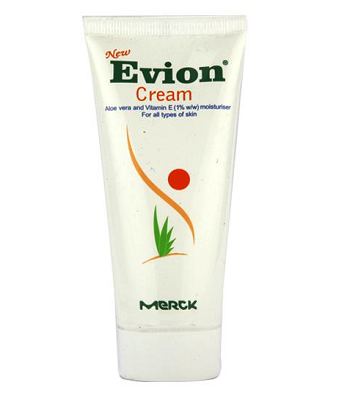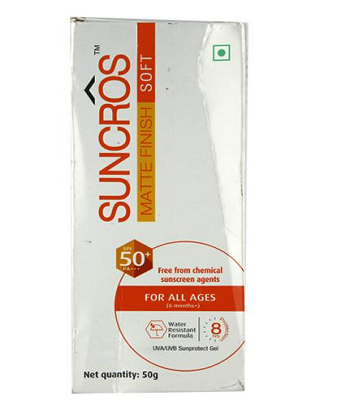Cartiquin 400mg Tablet 10'S
INR 111.40INR 111.40
Category :
Sub Category :
MG Details :
HYDROXYCHLOROQUINE 400MG
Packing :
10
Mfr by:
Overseas Healthcare Pvt Ltd
Country of Origin:
NA
What CARTIQUIN is used for?
It is used to treat,
Rheumatoid arthritis (Inflammation of the joints)
Juvenile idiopathic arthritis (in children)
Discoid and systemic lupus erythematosus (a disease of the skin or the internal organs)
Skin problems which are sensitive to sunlight
Talk to your doctor before taking this medicine, if you:
Are allergic to CARTIQUIN or any of the other ingredients of this medicine
Have an eye problem which affects the retina, inside of the eye (maculopathy) or you get a change in eye colour
Have liver or kidney problems
Have serious stomach or gut problems
Have heart problems
Have any problems with your blood
Have any problems with your nervous system or brain
Have psoriasis
Have a genetic condition known as ‘glucose-6-dehydrogenase deficiency’
Have a rare illness called ‘porphyria’
Always take this medicine exactly as your doctor has told you
Take this medicine by mouth
Swallow CARTIQUIN whole with a meal or a glass of milk
Do not crush or chew your tablets
The doctor will work out the dose depending on your body weight
For adults and elderly: One or two tablets each day
For children and adolescents: One tablet each day
If you take more CARTIQUIN
If you take more CARTIQUIN than you should, tell your doctor or go to a hospital casualty department straight away
Symptoms of over dosage are: headache, problems with your eyesight, fall in blood pressure, convulsions (fits), heart problems, severe breathing problems, heart attack
If you forget to take CARTIQUIN
If you forget a dose, take it as soon as your remember it
However, if it is nearly time for the next dose, skip the missed dose
Do not take a double dose to make up for a forgotten tablet
If you stop taking CARTIQUIN
Do not stop taking CARTIQUIN unless your doctor tells you to do
Like all medicines, this medicine can cause side effects, although not everybody gets them.
Allergic reactions such as red or lumpy rashes, swallowing or breathing problems, swelling of the eyelids, lips, face, throat or tongue
Severe skin reactions such as blistering, widespread scaly skin, pus-filled spots together with a high temperature, reddening and being more sensitive to the sun
Blistering or peeling of the skin around the lips, eyes, mouth, nose and genitals, flu-like symptoms and fever. This could be a condition called Stevens-Johnson Syndrome
Tell to your doctor if you are taking,
Cimetidine, antacids used in the treatment of stomach ulcers
Neostigmine and pyridostigmine, used to treat muscle weakness
Medicines that may affect the kidneys or liver
Medicines that affect the skin or the eyes
Halofantrine, mefloquine (antimalarials)
Amiodarone, digoxin, used to treat heart problems
Certain antibiotics such as moxifloxacin, gentamicin, neomycin or tobramycin
Medicines used to treat epilepsy
Insulin or metformin, used in the management of diabetes mellitus
Rabies vaccine
Ciclosporin, medicine used after an organ transplantation to help prevent rejection
Praziquantel, used to treat worm infections
Medicines used to treat a rare condition called Fabry’s disease e.g. agalsidase
Storage
Protect from excess heat and light
Keep this medicine out of reach of children
Store at room temperature (15-25ºC)
Do not use this medicine after the expiry date
Disclaimer:
The contents of this website are for informational purposes only and not intended to be a substitute for professional medical advice, diagnosis, or treatment. Please seek the advice of a physician or other qualified health provider with any questions you may have regarding a medical condition. Do not disregard professional medical advice or delay in seeking it because of something you have read on this website.












